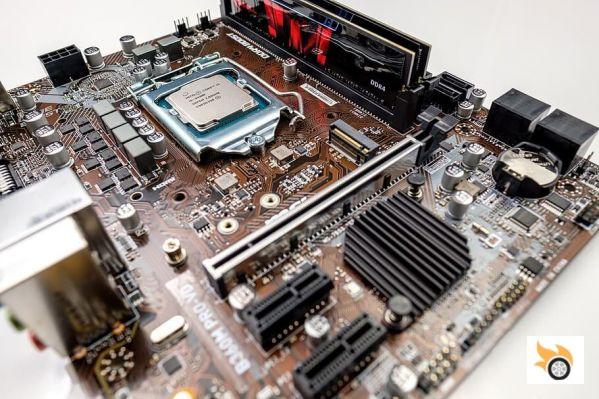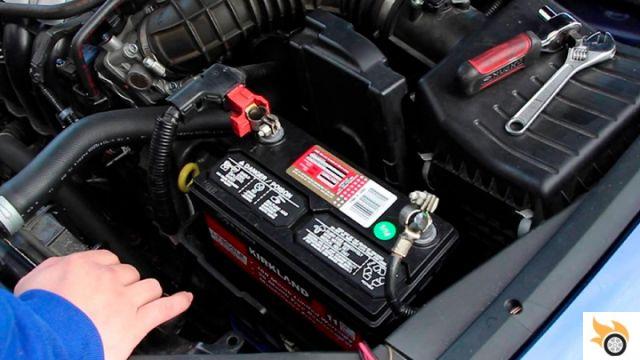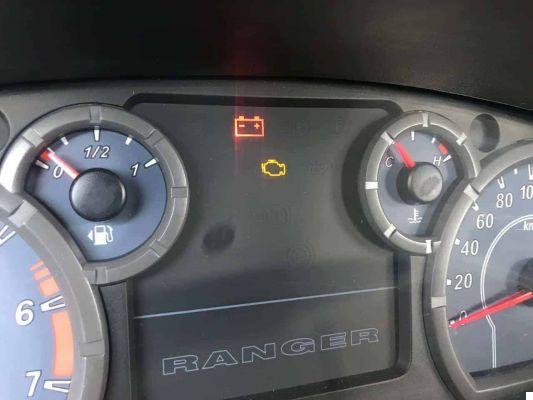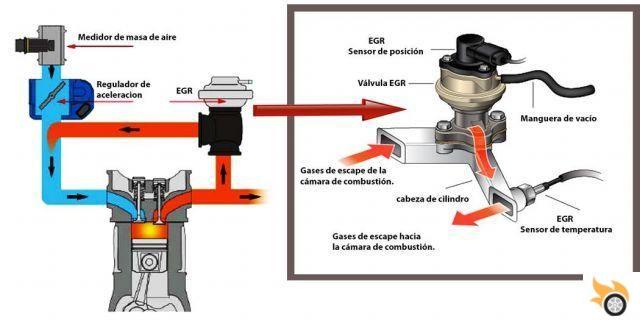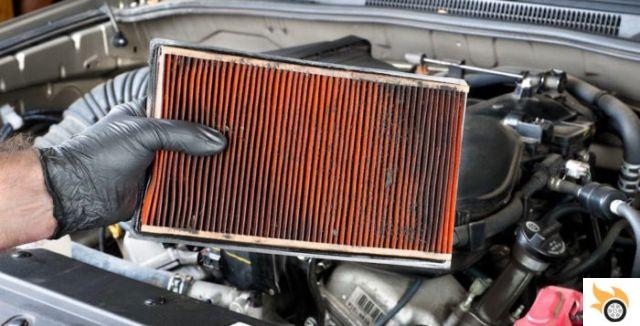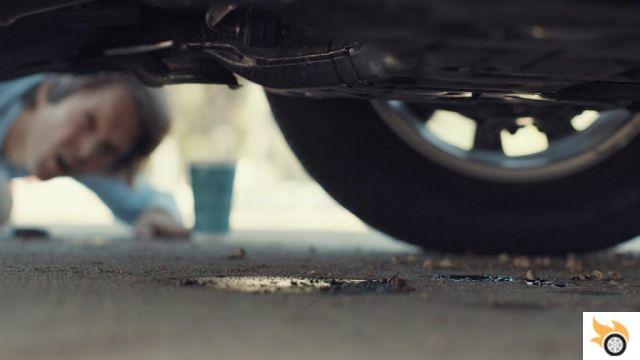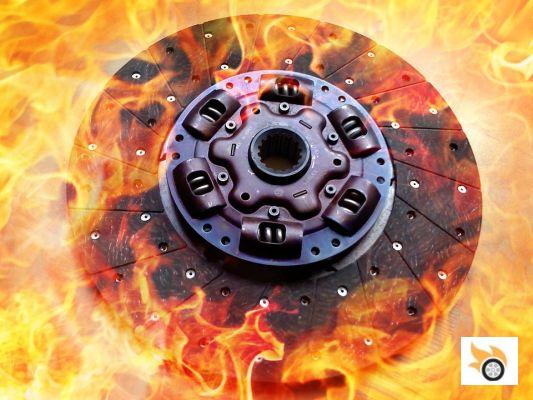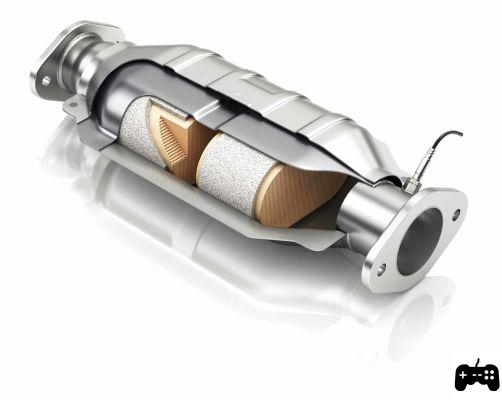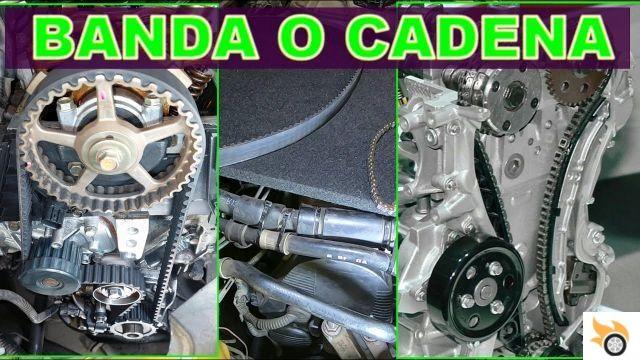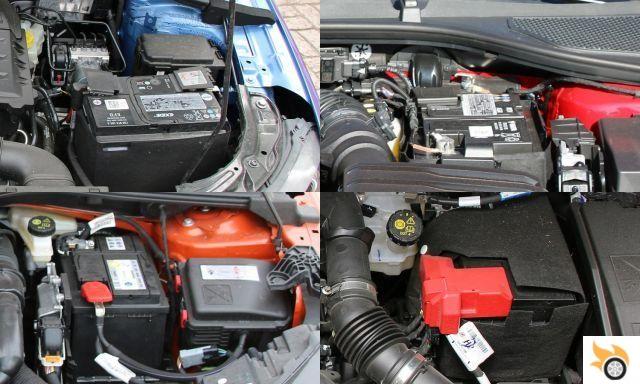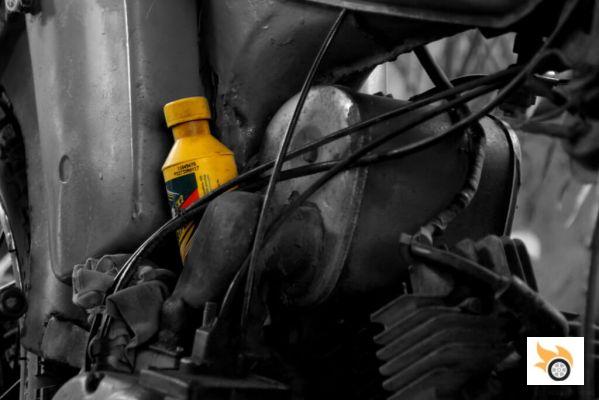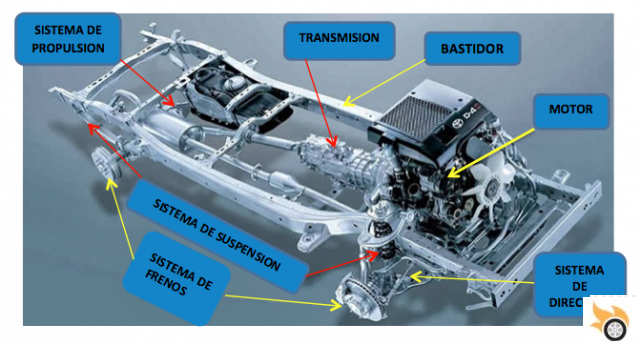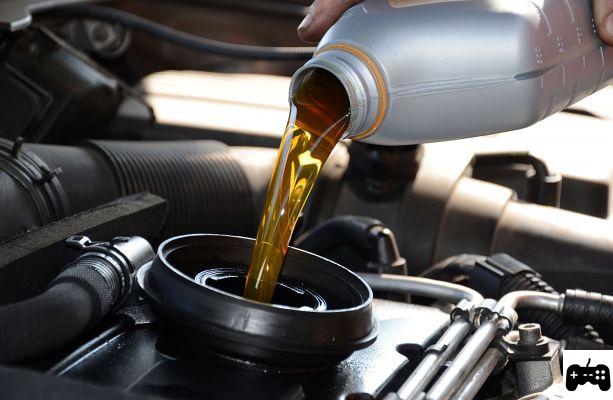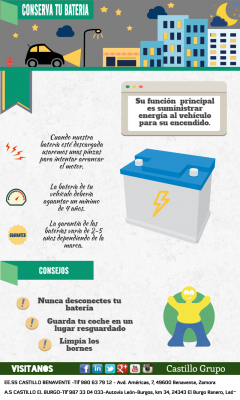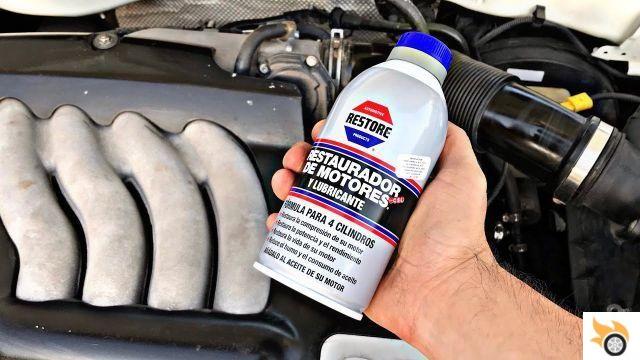
In this article, we are going to talk about the best additives to reduce engine fumes and how they work. We will also answer frequently asked questions such as whether they are effective, how to eliminate smoke and engine noise, what to do if the car expels blue or white smoke from the exhaust pipe, and how to pass the ITV with additives to reduce smoke and pollutants. In addition, we will mention specific solutions and products, such as Liqui Moly's anti-smoke additive and white smoke suppressant additive.
Engine smoke reduction additives are chemicals added to engine fuel or oil to improve engine performance and reduce smoke emissions. These additives are designed to clean and lubricate internal engine components, helping to reduce friction and wear, and improve combustion efficiency.
How do additives work to reduce engine fumes?
Additives to reduce engine fumes work in different ways, depending on their composition and purpose. Some additives act as cleaners, removing carbon deposits and other residues that build up on internal engine parts. Other additives improve lubrication, reducing friction and wear on engine components. There are also additives that improve combustion efficiency, thereby reducing the amount of smoke and pollutants emitted from the tailpipe.
Are additives effective in reducing engine fumes?
Yes, additives to reduce engine fumes can be very effective if used correctly. However, it is important to keep in mind that not all additives are the same and that their effectiveness may vary depending on the type of engine and the condition in which it is found. It is advisable to follow the manufacturer's instructions and use quality recognized brand additives to obtain the best results.
How to eliminate smoke and engine noise?
If your car is expelling smoke or making strange noises, it is important to identify the cause of the problem and take the appropriate measures. In the case of smoke, if it is blue or white in color, it can indicate different problems. Blue smoke is usually caused by burning oil, which can indicate worn piston rings or valve guides. On the other hand, white smoke can be caused by water vapor condensation in the exhaust, which can indicate a bad head gasket or a problem in the cooling system.
To eliminate smoke and engine noise, it is advisable to take the car to a specialized workshop to carry out a diagnosis and repair any identified problems. In addition, it is important to perform regular engine maintenance, such as changing the oil and filters according to the manufacturer's recommendations, to prevent future problems.
How to pass the ITV with additives to reduce smoke and pollutants?
If you are using additives to reduce engine fumes and pollutants, it is important to take into account that not all additives are accepted by ITV. Before passing the inspection, it is advisable to review the current regulations and make sure that the additives used meet the established requirements.
In general, the additives that are specifically designed to reduce smoke and pollutant emissions are usually accepted in the ITV. However, it is important to follow the manufacturer's instructions and use the additives at the recommended dosage. In addition, it is advisable to take the car to a specialized workshop before the inspection to make sure that the engine is in good condition and meets the established requirements.
Liqui Moly Anti-Smoke Additive
One of the most popular additives to reduce engine fumes is Liqui Moly's anti-smoke additive. This additive is designed to reduce oil burning and improve engine compression, which helps reduce smoke emissions and improve engine performance. In addition, Liqui Moly's anti-smoke additive also helps clean and lubricate internal engine components, extending engine life.
White Smoke Stop Additive
Another recommended additive to reduce engine smoke is the white smoke suppressant additive. This additive is specially formulated to eliminate condensation of water vapor in the exhaust, which reduces the emission of white smoke and improves engine performance. In addition, the white smoke suppressant additive also helps protect and lubricate internal engine components, extending engine life.
Frequent questions
What is the recommended dosage of Liqui Moly anti-smoke additive?
The recommended dose of Liqui Moly anti-smoke additive can vary depending on the type of engine and the condition it is in. It is advisable to follow the manufacturer's instructions and use the recommended dosage for best results. In general, it is recommended that Liqui Moly Anti-Smoke Additive be added to the engine oil at each oil change.
How long does it take for the white smoke stopper additive to take effect?
The time it takes for the white smoke suppressant additive to take effect can vary depending on the condition of the engine and the type of problem that the white smoke is causing. In general, it is recommended that White Smoke Stop additive be used for several tanks of fuel for best results. If the problem persists after using the additive, it is advisable to take the car to a specialized workshop for a more detailed diagnosis.
Conclusion
In summary, additives to reduce engine smoke can be an effective solution to improve engine performance and reduce smoke emissions. It is important to use quality brand name additives, follow the manufacturer's instructions and perform regular engine maintenance to obtain the best results. If your car is expelling smoke or making strange noises, it is advisable to take it to a specialized workshop for a proper diagnosis and repair. Remember that it is important to comply with the requirements established to pass the ITV and use additives that are accepted in the inspection. If you have any questions or comments, feel free to leave them below. We will be happy to help you!
Until next time!
Black smoke from diesel cars: causes and solutions ❯
Add a comment on The best additives to reduce engine fumes
<div _="@=457,dis=none"><div pseudo="-webkit-input-placeholder" id="placeholder" style="display: block !important;" _="@=458,dis=none,[@=459]">Add a comment</div><div _="@=460,dis=none"></div></div>





